I started making generic library signs instead of visiting Reddit. I’m trusting you to not post them IRL.
There is an odd question that goes along with this one.
Edit: In the interest of not spamming the comm, here’s “an otter one”.



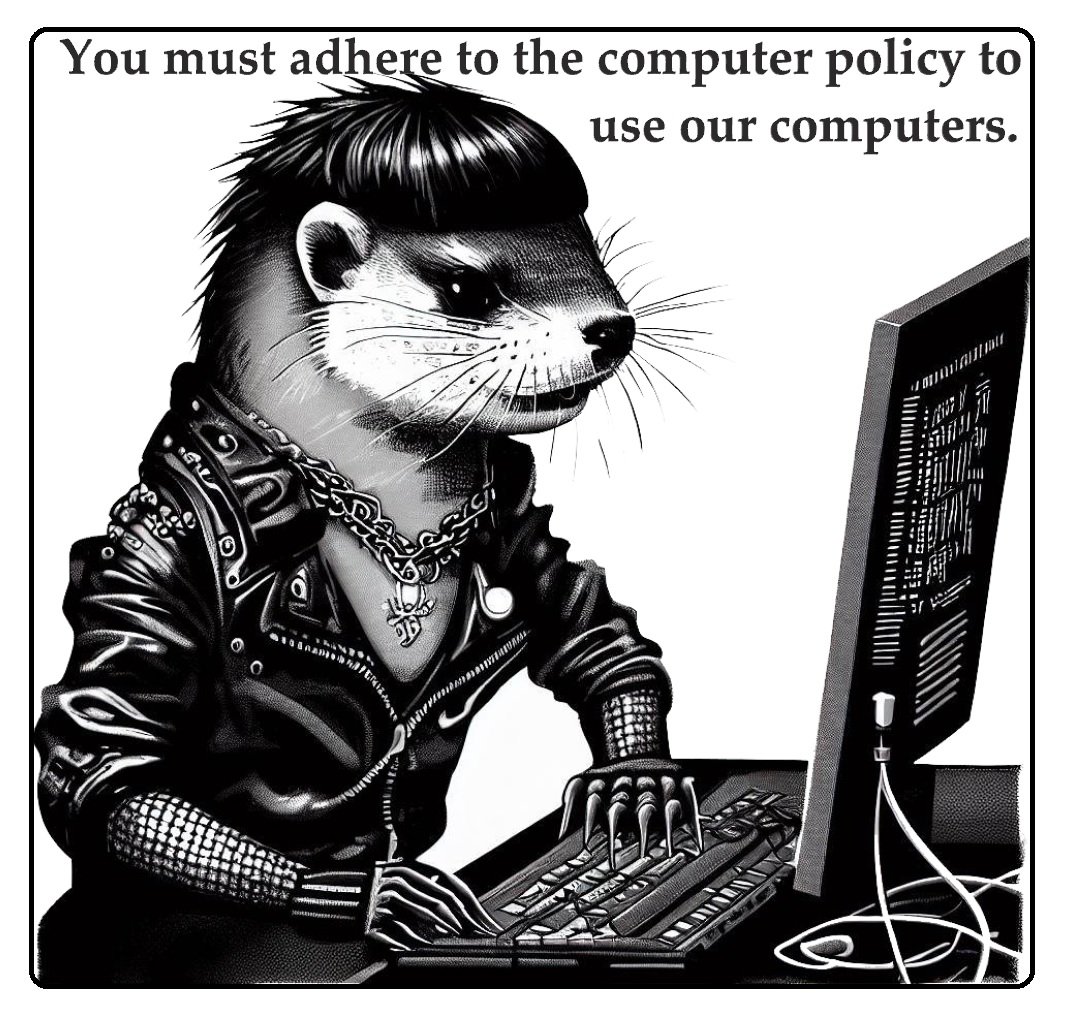


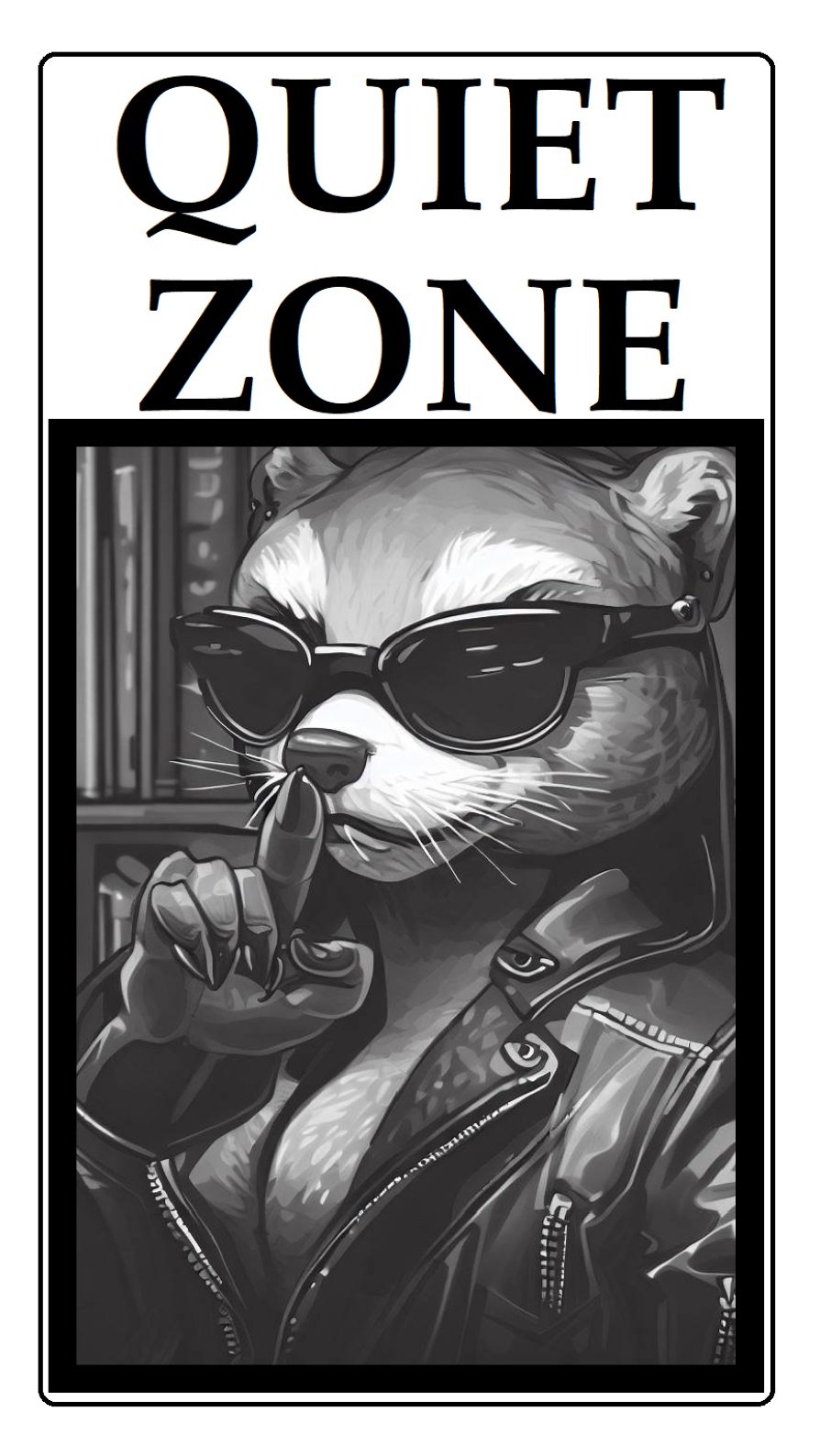
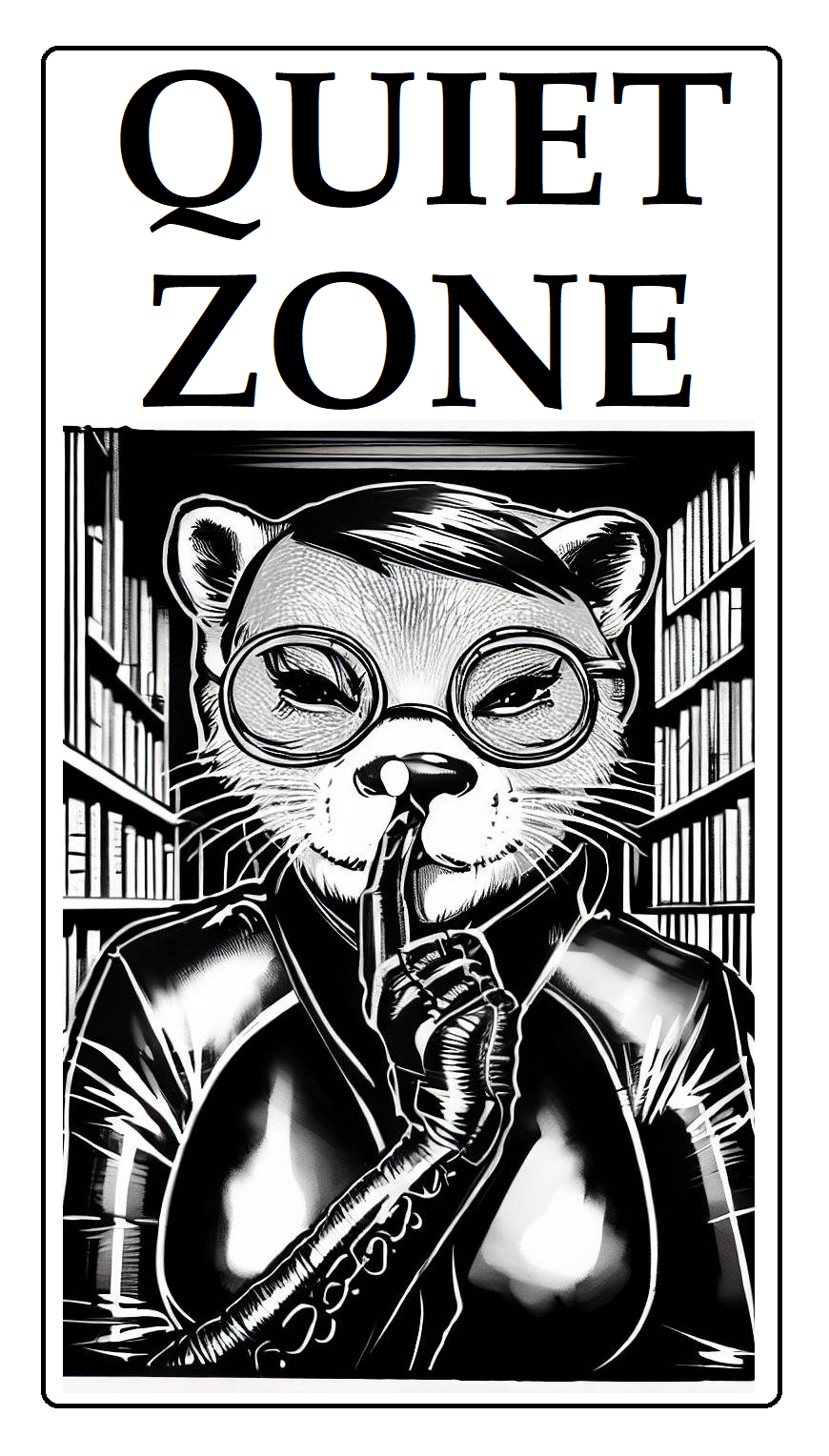
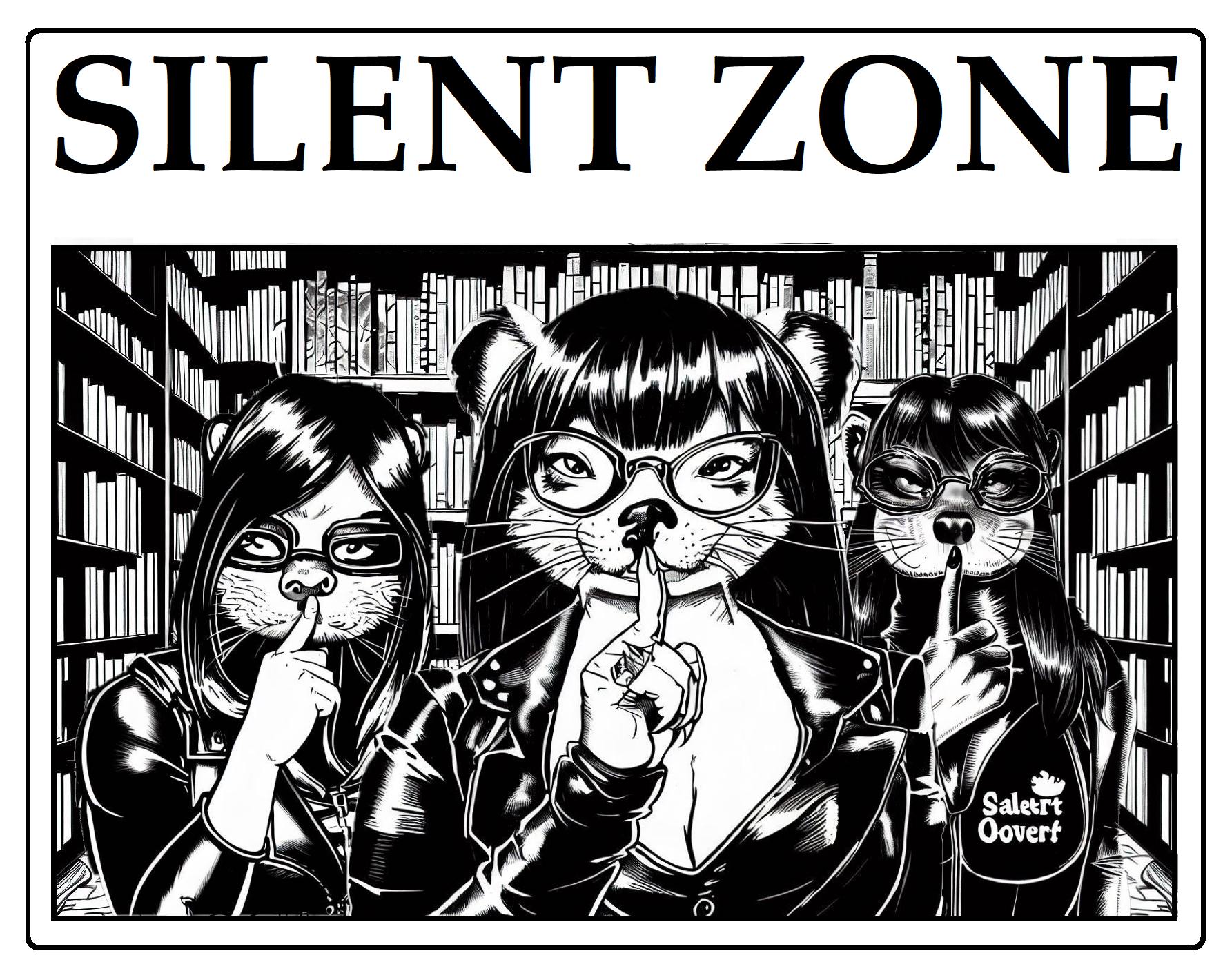

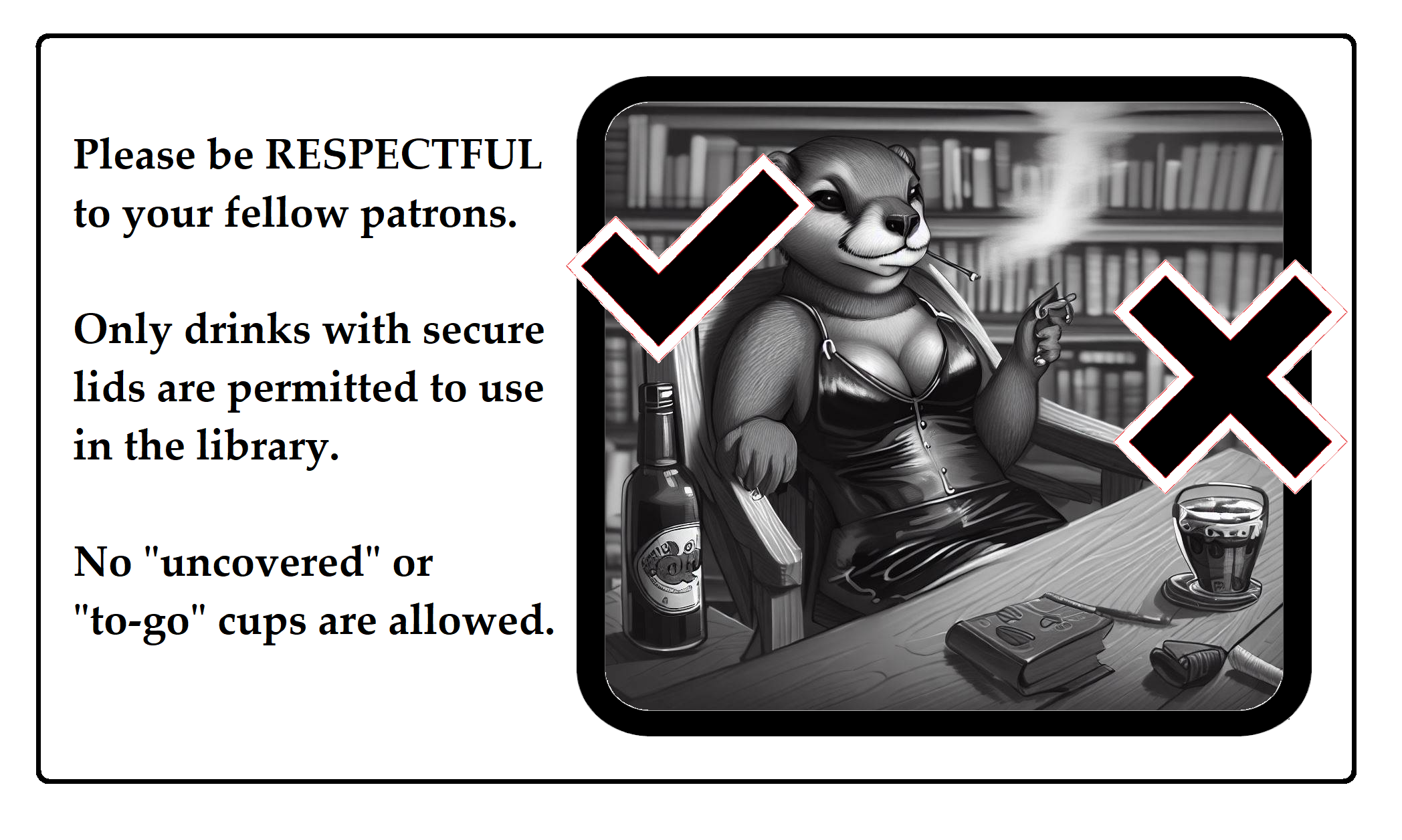



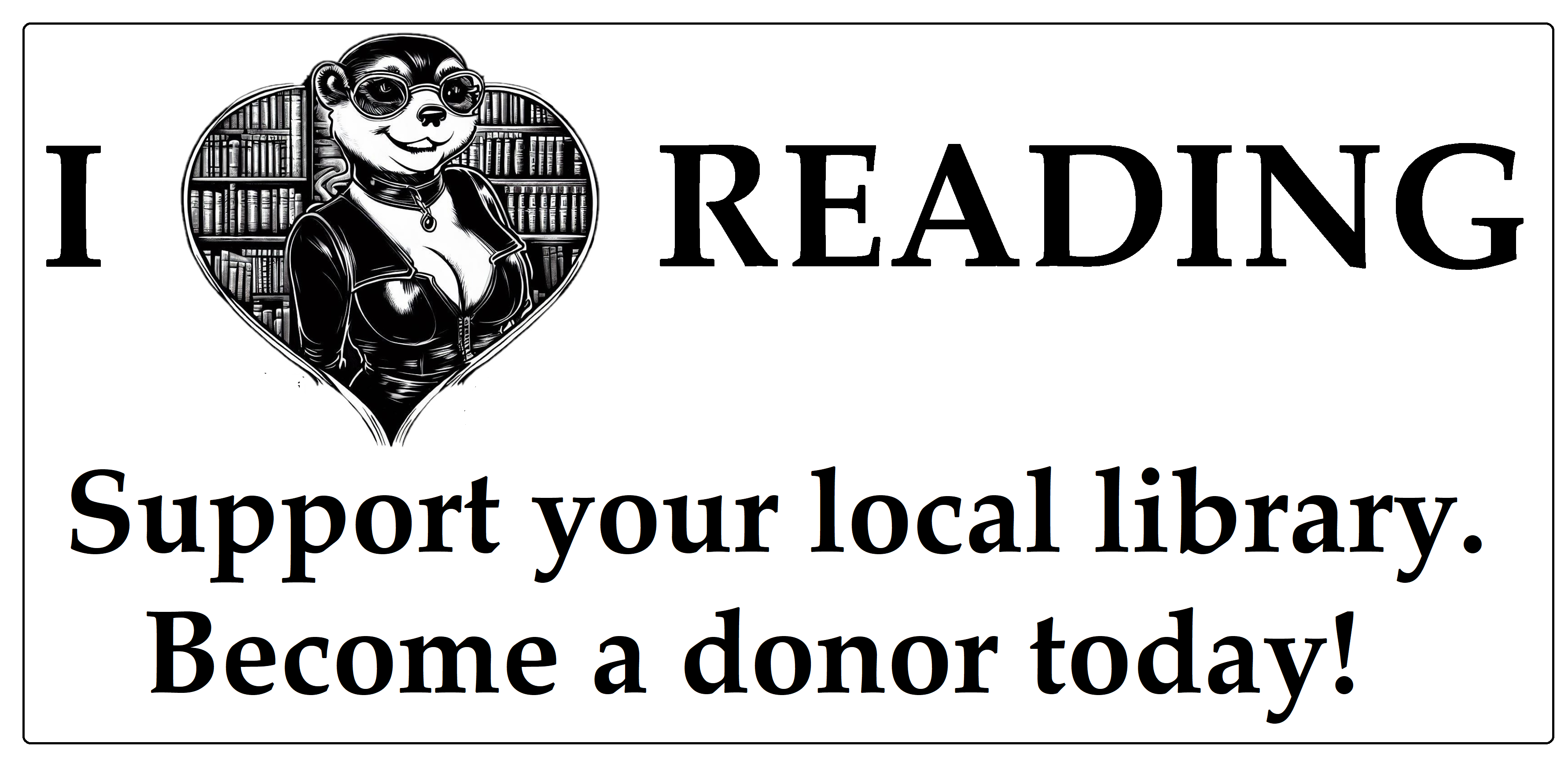
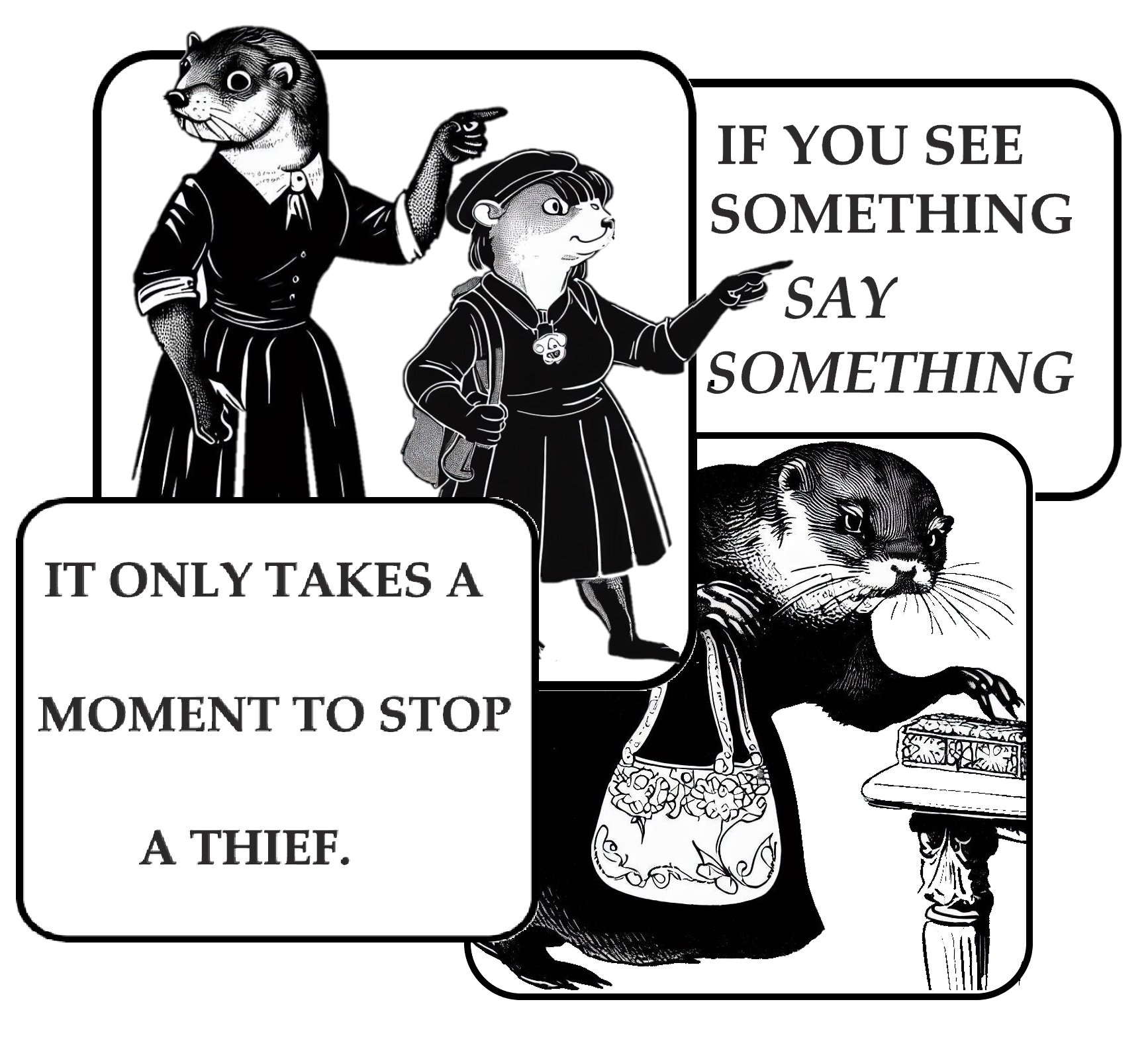

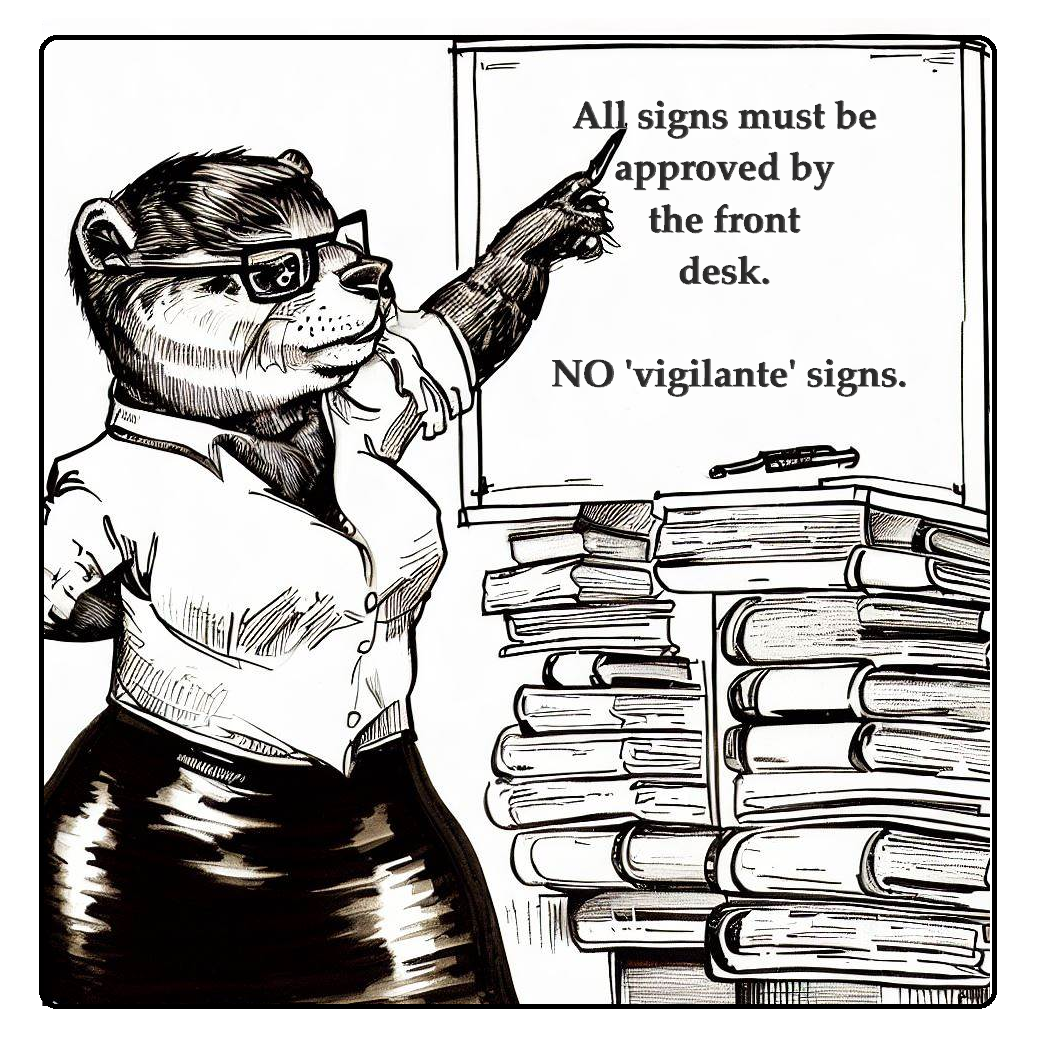
Edit: Whoops, missed a few.

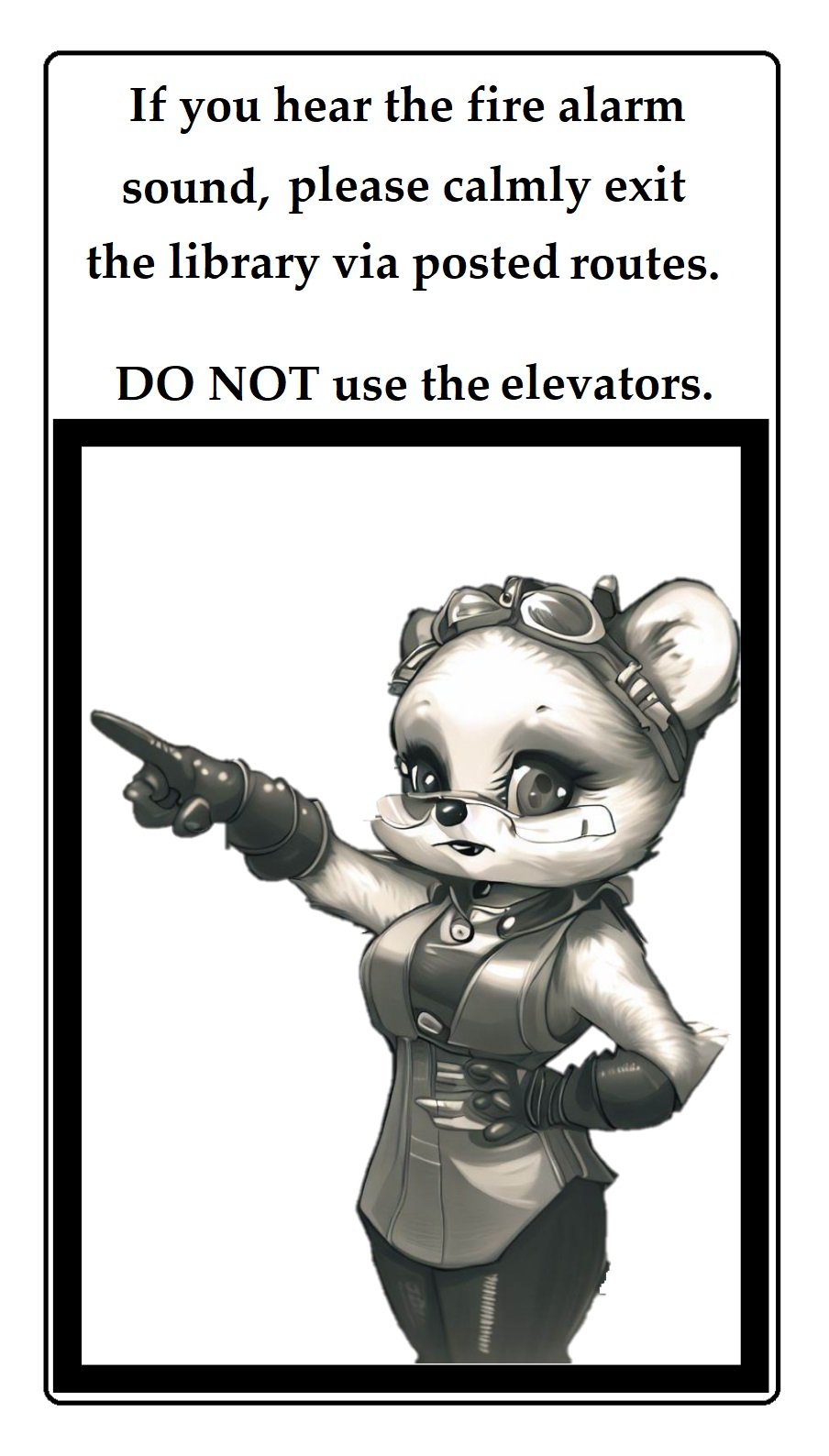
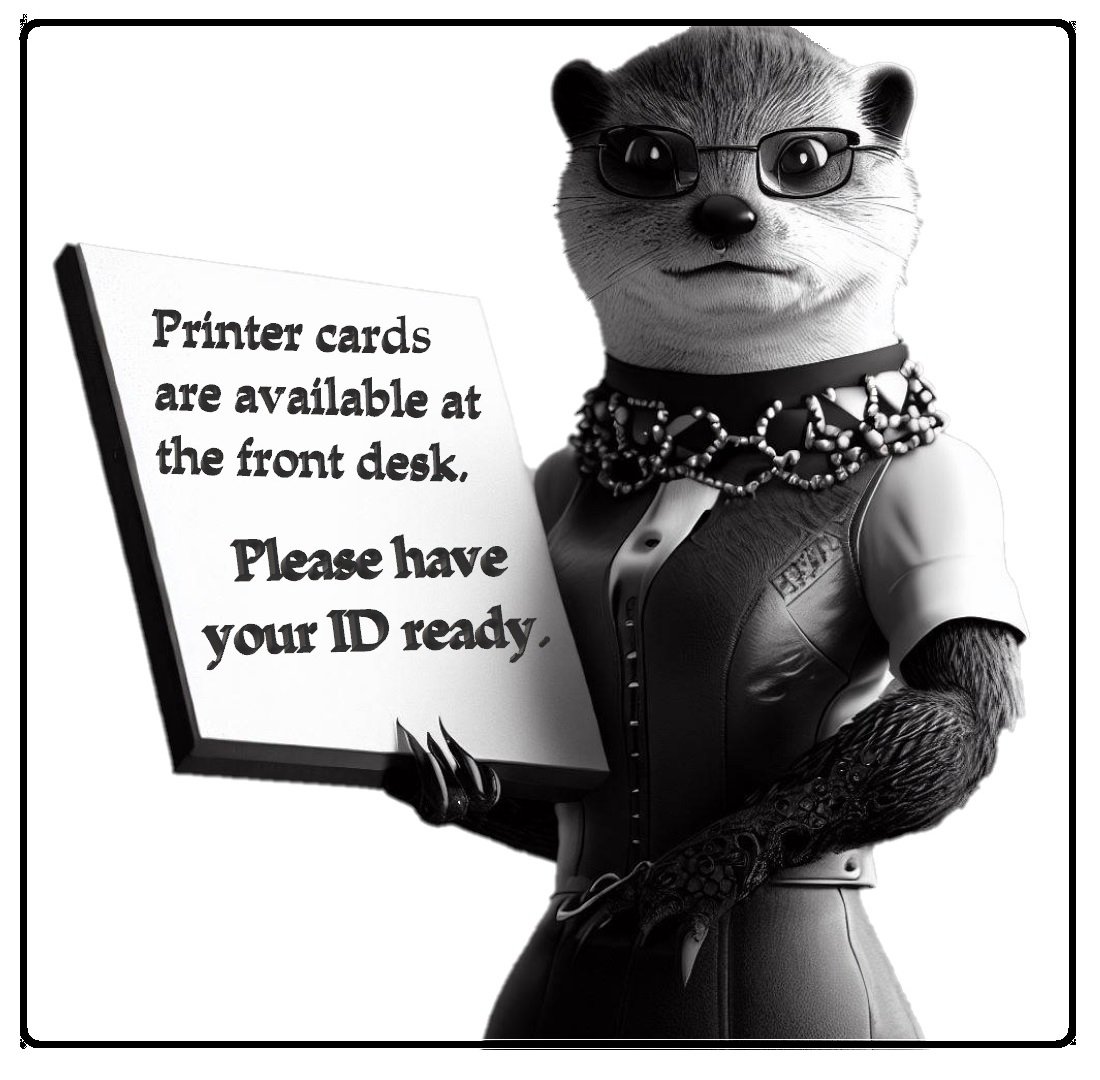
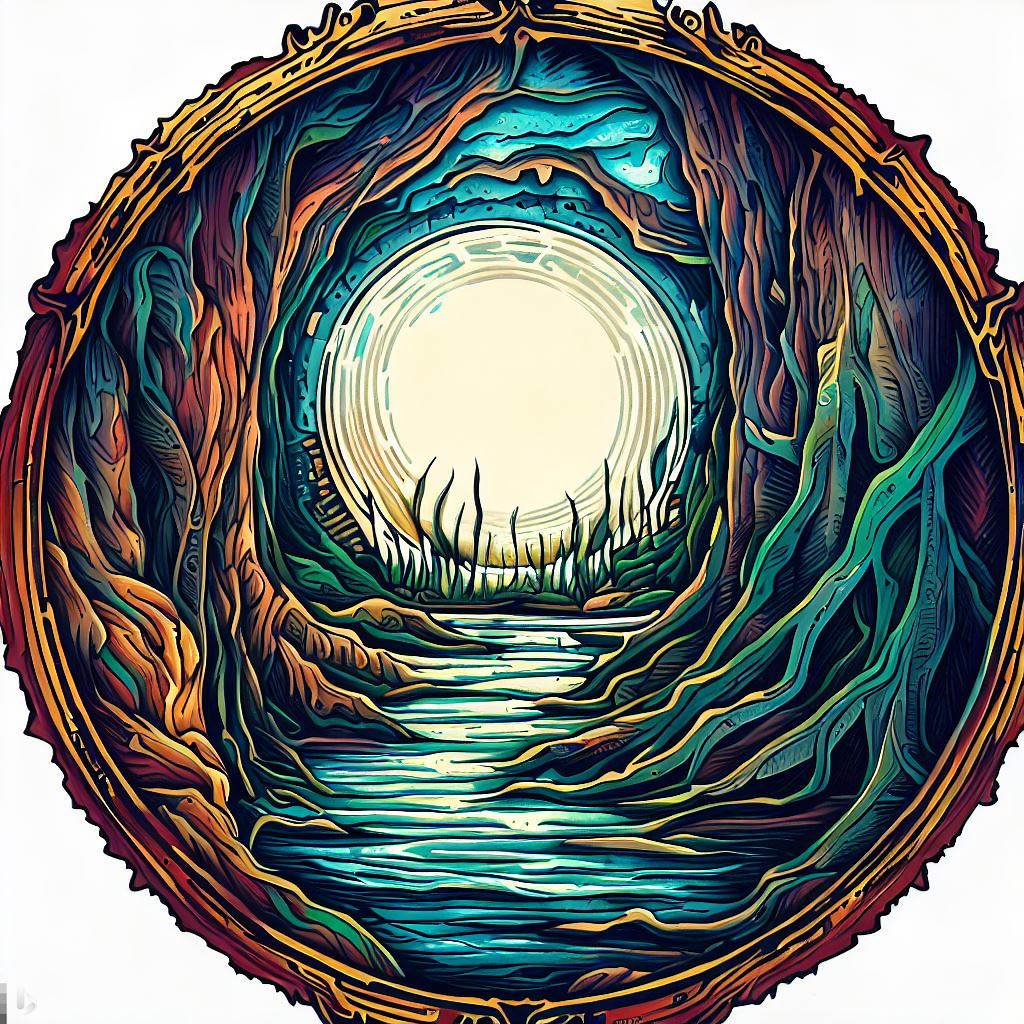

A v ~B = T ~A v B = T A v B = T ~A v ~B = FI can’t argue with that logic.
I don’t understand this but I can sort of understand seen by the calculations but I don’t understand. You’re cool :)
This comment is vertically long. Paragraphs and sentences are short.
There are two senses of the word “or.” Inclusive and exclusive.
Inclusive | one, the other, or both Exclusive | one, the other, but not bothIn English, most instances are inclusive, like above. Exclusive might look like: Is the US President Joe Biden or not? Is that a square or circle, or neither?
I took you question to be you asking if the or was inclusive, but in a normal, funny way. The T/F statements define why ‘both’ can be an option. ‘Both’ might still be wrong factually, but logically, it’s possible.
This style of logic is often called Boolean algebra. You’ll see it often in programming and simple search engines. https://en.wikipedia.org/wiki/Propositional_calculus
It is literally Logic 101 at most universities.
That’s why it looked familiar.